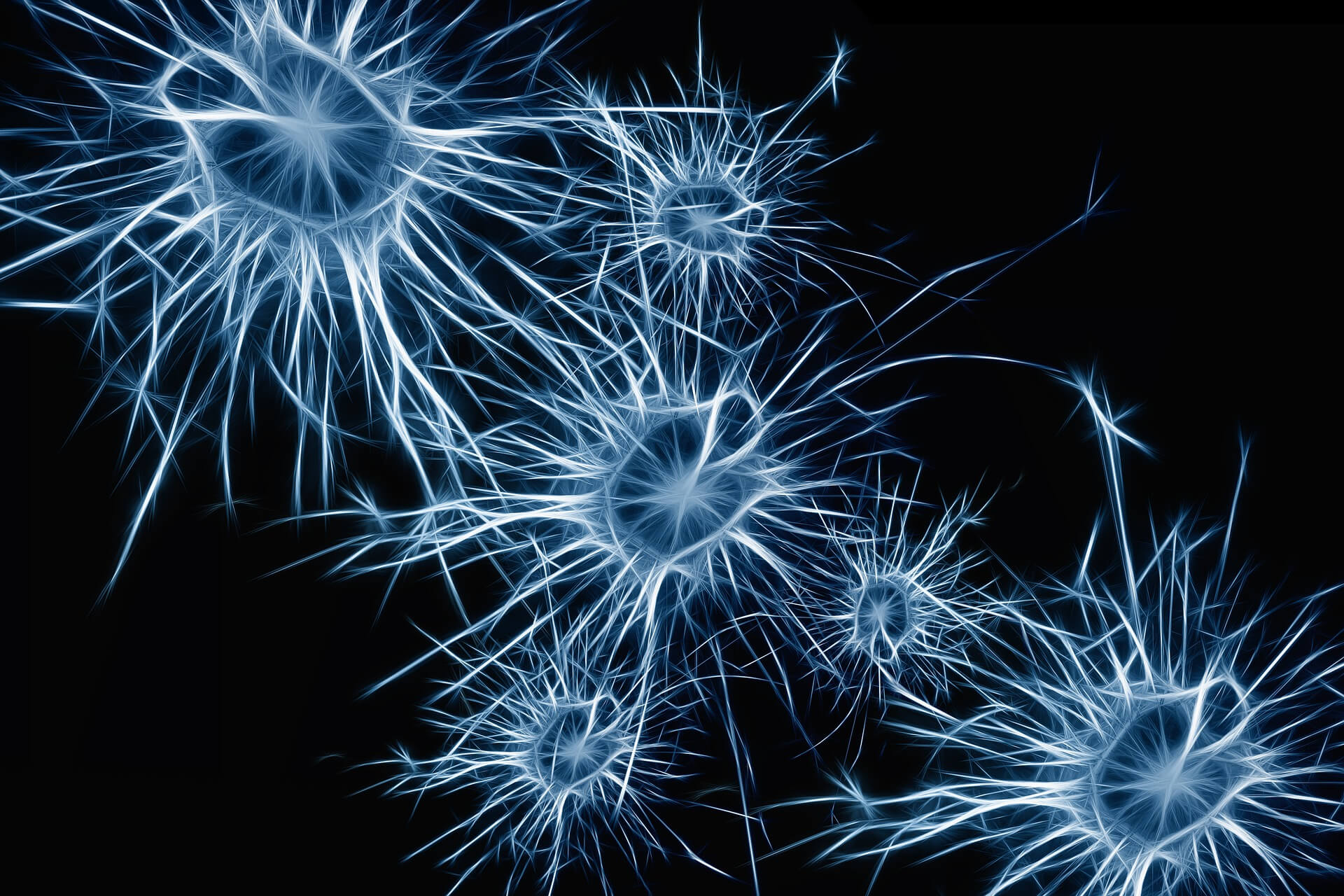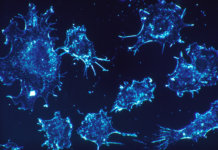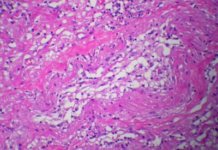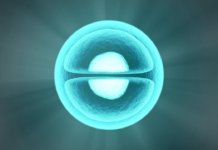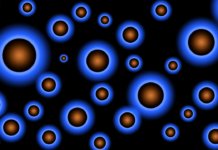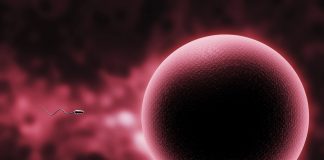Spermidine against neural cell aging
Spermidine is a molecule synthesized by humans, which plays an important role in regulating autophagy[1]. For some years now, it has been the subject of scientific studies for its anti-aging effect, especially in the context of neurodegenerative diseases. A team of researchers from Lanzhou University in China recently published the results of a study[2] conducted on the effect of spermidine on neuronal aging.
What’s new on spermidine?
The experiments were done in vitro, on mice neuroblastoma cells (cancerous nervous tissue). These cells have been treated to mimic cell aging. Once the cellular model of neuronal aging was established, they were treated with spermidine.
The results showed that spermidine effectively delayed neuronal aging through different processes. It improves the stability of the mitochondrial genome, its mutability being a phenomenon associated with aging. It also improves the mitochondrial membrane potential, essential to produce ATP, the fuel of the cell. Spermidine has also promoted the use of oxygen by neurons, necessary for metabolic processes. Finally, the researchers observed that treatment with spermidine inhibited cell apoptosis, but promoted autophagy.
New applications for spermidine
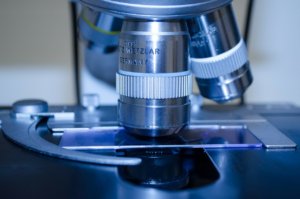
The goal of this study was to assess the effect of spermidine on neuronal cell aging and to understand its action mechanisms. It has been accepted by the scientific community that mitochondrial DNA mutations limit the lifespan of mammals. Spermidine, which improves the stability of mitochondrial DNA, could therefore have a positive impact on longevity. The decline in mitochondrial function associated with decreased oxygen consumption is also a trigger for neuronal cell aging. By facilitating the use of oxygen, spermidine would also extend the life of neuronal cells through this mechanism.
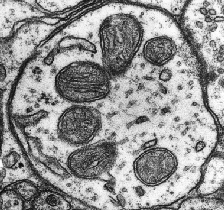
Spermidine also has an effect on autophagy, a degradation process by which the cell eliminates part of its cytoplasm to give way to new functional constituents. Autophagy plays an important role in neurons, eliminating protein aggregates associated with neurodegenerative diseases, such as A-beta in Alzheimer’s disease. In addition, autophagy, unlike apoptosis, keeps cells alive, keeping neuronal cells alive and healthy longer. Spermidine, by its pro-autophagic action thus indirectly promotes neuronal survival.
This new study on murine cells confirms once again the potential of spermidine and its anti-aging activity. These positive results on neuronal cells could encourage further research in the fight against neurodegenerative diseases and aging.
References :
[1] Tobias Eisenberg, Heide Knauer et al., Induction of autophagy by spermidine promotes longevity, Nature Cell Biology 2009, 11, 1305-1314.
[2] Yu-Hong Jing, Ji-Long Yan, Qing-Jun Wang, Hai-Chao Chen, Xue-Zhu Ma, Jie Yin, Li-Ping Gao, Spermidine ameliorates the neuronal aging by improving the mitochondrial function in vitro, Experimental Gerontology 108 (2018), 77-86.
Anne Fischer

Author
Auteur
Anne is studying medicine science at the Institute of Pharmaceutical and Biological Science in Lyon and she has graduated with a Bachelor’s degree in molecular and cellular biology at the University of Strasbourg.
More about the Long Long Life team
Anne étudie les sciences du médicament à l’Institut des Sciences Pharmaceutiques et Biologiques de Lyon. Elle est titulaire d’une licence en biologie moléculaire et cellulaire de l’Université de Strasbourg.
En savoir plus sur l’équipe de Long Long Life


